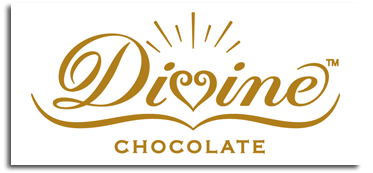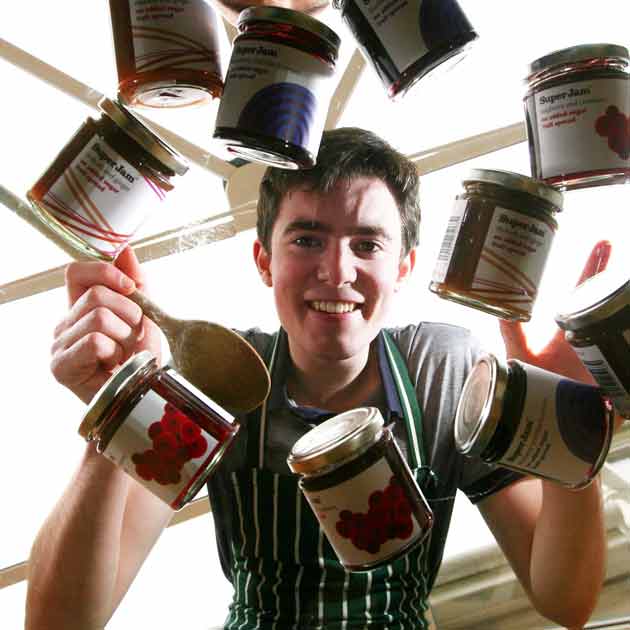I greatly enjoyed our Round table breakfast on 21 November to discuss Intellectual Property in the Digital Age hosted by our Chief Executive Lynne Brindley.
Tracy Chevalier author of Girl With a Pearl Earring gave a concerned speech asking how authors would be paid in an increasingly digital age. She referred to a cousin who never pays for music as they can download everything they want for free from the Internet.
One of the speakers pointed out that Intellectual Property is not a actually property in the sense that it can be shared without loss to the author or creator. Compare this to a house or a shoe and the difference is immediately apparent. He claimed that much of the confusion around IP law stems from this fundamental difference. This was a completely new insight for me.
Lynne Brindley said that the debate on intellectual property is too heavily focussed on teenagers, music and the consumer industries, and that we should realise that many areas of our society, culture and economy are impacted by IP law.
Rufus Pollock from Cambridge University, who was in the audience, described a study he has undertaken which showed that the optimal term for copyright should be around fourteen years. This is substantially shorter than any current copyright term and implies that existing copyright terms are too long.



